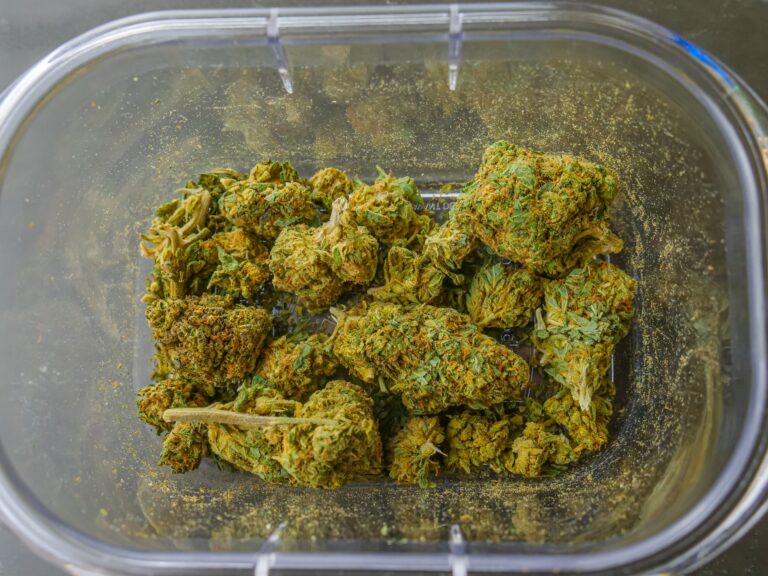What is the legal status of cannabis in Libya?
Cannabis is illegal in Libya for recreational and medical purposes. The cultivation, possession, sale, and consumption of cannabis are strictly prohibited, and those caught breaking the law may face severe penalties. The Libyan government has implemented strict drug laws to combat drug trafficking and the use of narcotics within the country.
What is the public opinion on cannabis in Libya?
Public opinion on cannabis in Libya is generally conservative, with many citizens considering the drug to be harmful and morally wrong. This conservative stance is influenced by the predominant Islamic religion, which prohibits the use of intoxicants, including cannabis. However, there are some individuals who advocate for the legalization of cannabis, particularly for medical purposes. These voices, however, remain a minority in Libyan society.
What are the laws, penalties, and law enforcement surrounding cannabis in Libya?
The Libyan government has strict drug laws in place to prevent the use, sale, and distribution of narcotics, including cannabis. Penalties for violating these laws can include:
- Imprisonment: Those caught in possession of cannabis can face imprisonment, with the length of the sentence depending on the quantity of the drug and the nature of the offense.
- Fines: Individuals caught using or possessing cannabis may be required to pay hefty fines, in addition to potential jail time.
- Corporal punishment: In some cases, individuals convicted of drug offenses in Libya may be subjected to corporal punishment, such as flogging.
Law enforcement agencies in Libya, including the police and military, are responsible for enforcing the country’s drug laws. They actively conduct raids and arrest those suspected of drug-related offenses, including cannabis possession and distribution.
What is cannabis called in Libya?
In Libya, cannabis is commonly referred to as الحشيش (hashish) or البانجو (bango). These terms are used to describe the various forms of the plant, including the dried flowers and resin.
What is the legal status of CBD in Libya?
The legal status of cannabidiol (CBD) in Libya is unclear. While CBD is a non-intoxicating compound derived from the cannabis plant, it is still considered a controlled substance in many countries, including those with strict drug laws like Libya. Therefore, it is likely that CBD is also illegal in Libya, and those caught using or possessing it may face penalties similar to those for cannabis offenses.
Is medical marijuana legal in Libya?
Medical marijuana is not legal in Libya. The use of cannabis for medical purposes remains prohibited under Libyan law, and there are no exceptions for patients with debilitating conditions who may benefit from the drug. As a result, individuals seeking medical marijuana must do so illegally or travel to a country where the drug is legally available for medicinal use.
Can I grow cannabis in Libya?
Growing cannabis in Libya is illegal. The cultivation of the cannabis plant is prohibited under Libyan law, and those caught growing the plant can face severe penalties, including imprisonment and fines. Additionally, the Libyan government actively targets and eradicates cannabis crops in an effort to curb the production and distribution of the drug within the country.
The Libyan government has enacted strict drug laws to combat the use, sale, and distribution of narcotics, including cannabis. Some resources related to these laws and drug enforcement in Libya include:
- The United Nations Office on Drugs and Crime (UNODC): Provides information on drug laws and enforcement in Libya and other countries.
- International Narcotics Control Board (INCB): Offers reports on the global state of drug control, including information on drug laws and enforcement in Libya.
While there are no specific government resources dedicated to cannabis law and policy in Libya, the country’s strict drug laws and enforcement efforts demonstrate the government’s commitment to combating the use, sale, and distribution of narcotics, including cannabis.
